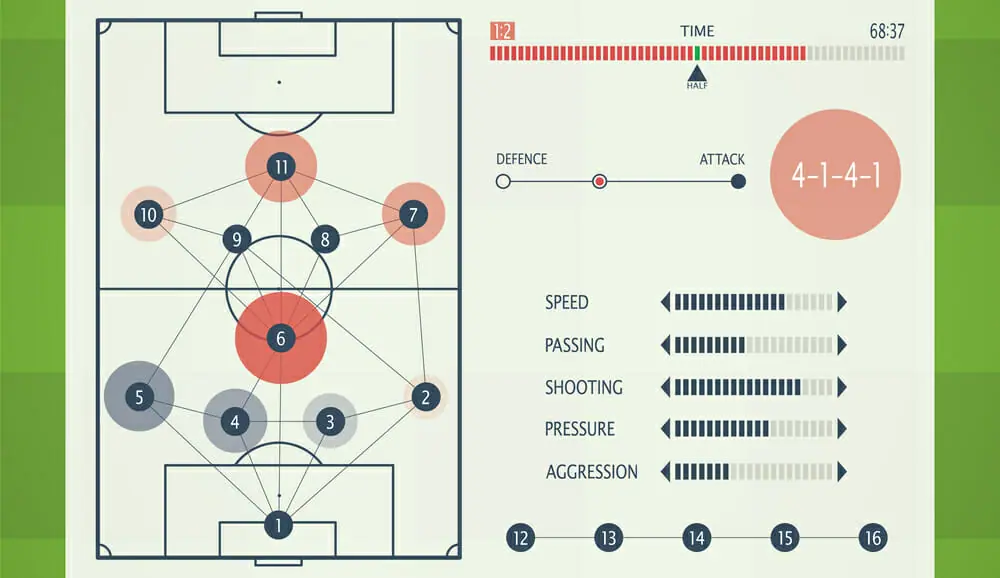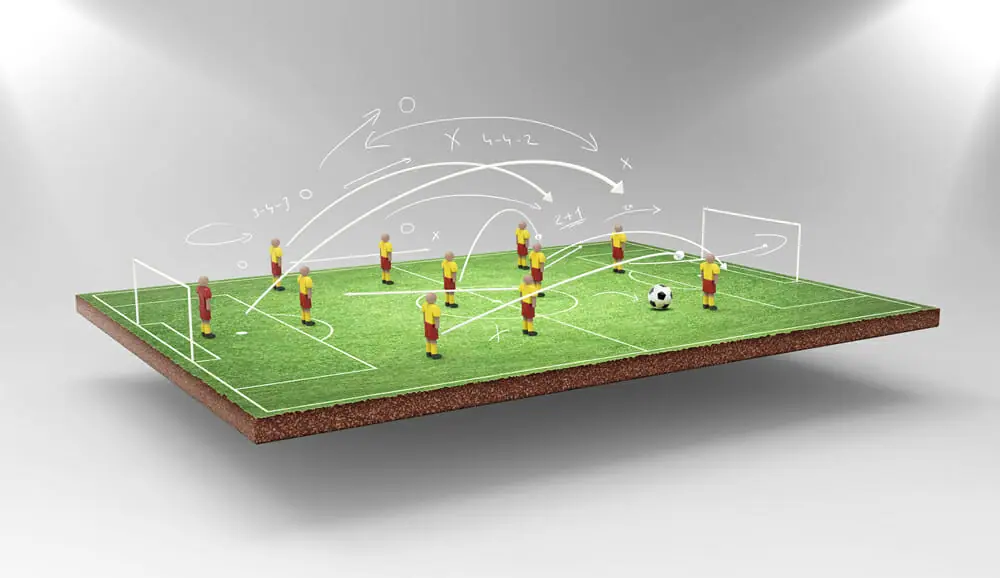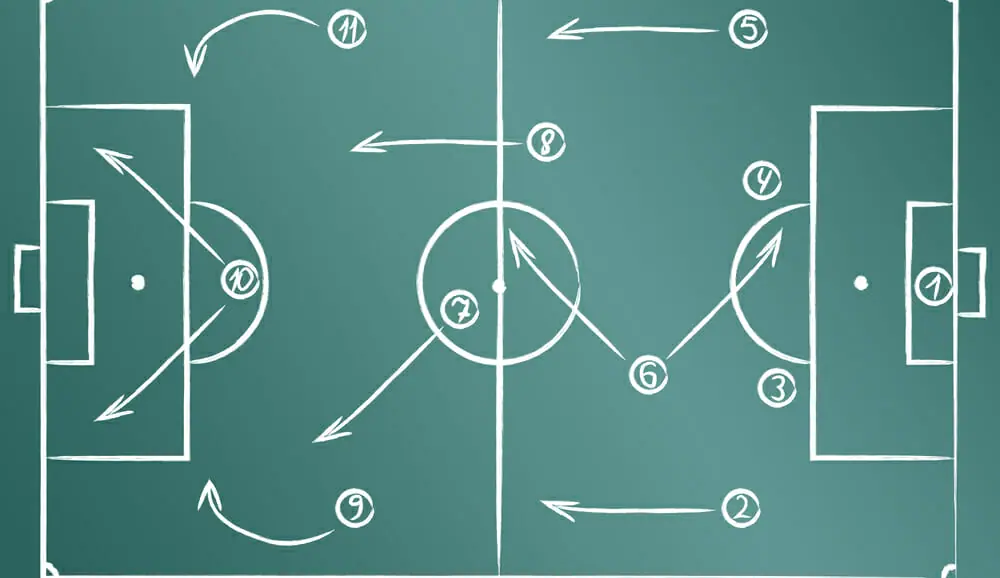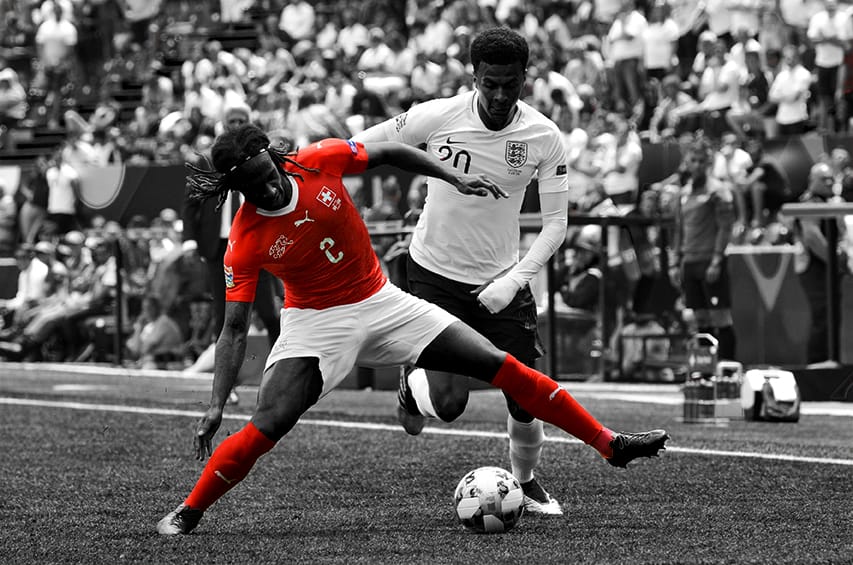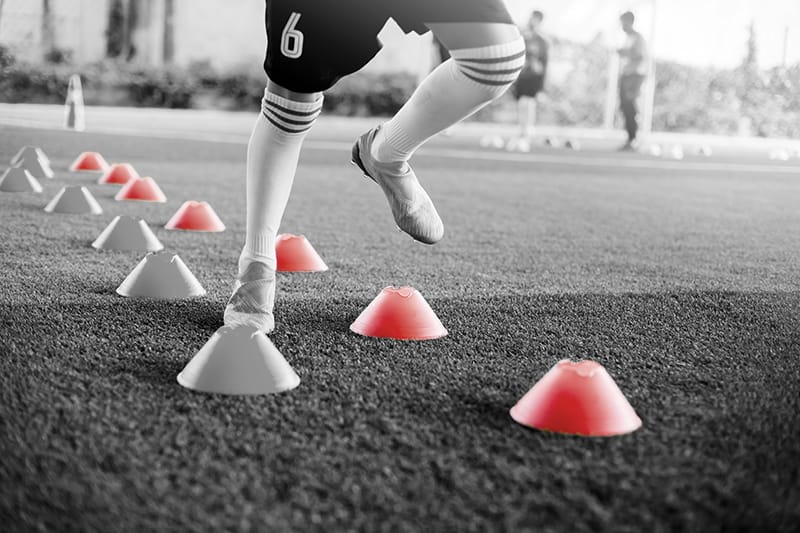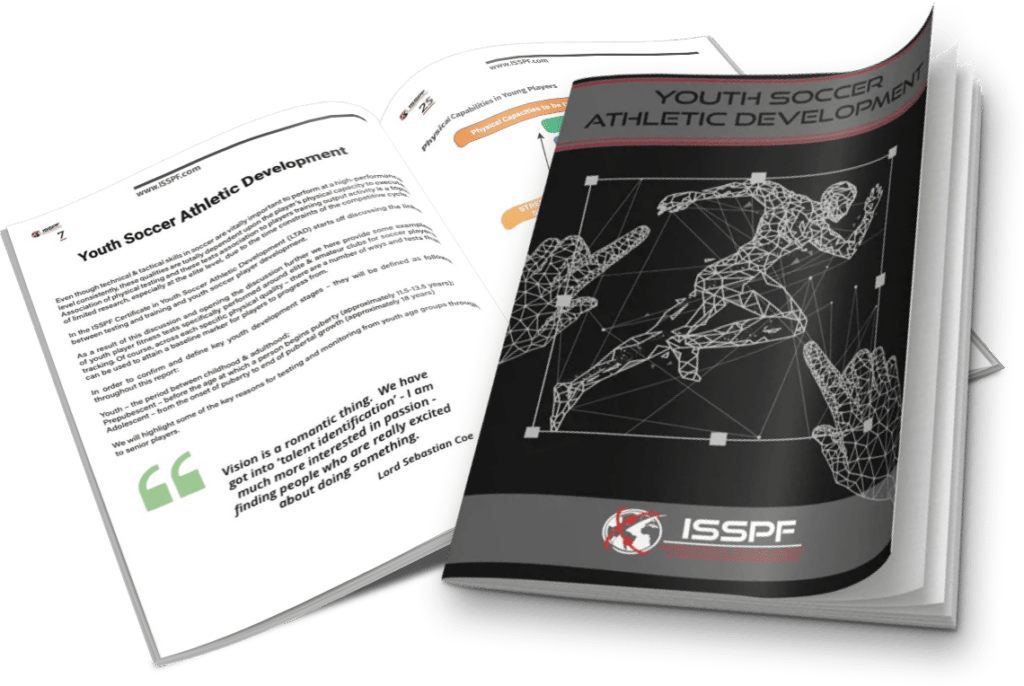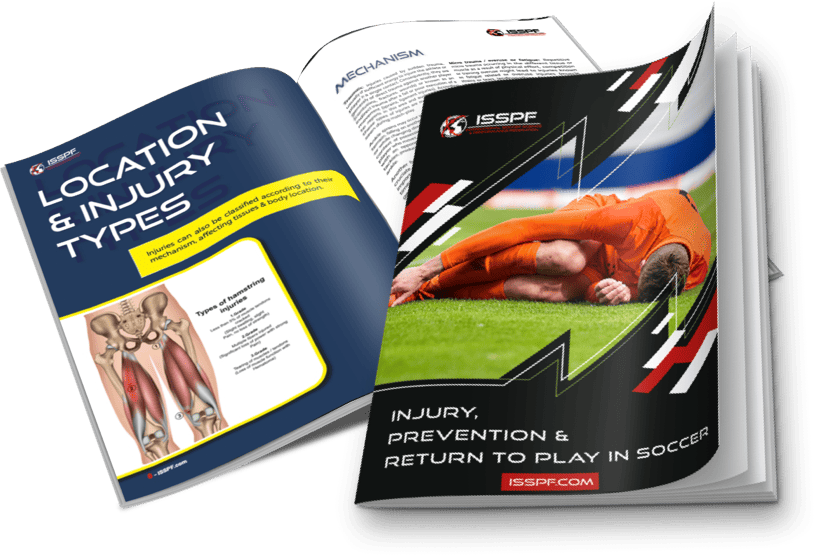With the Major League Soccer season about to begin, in line with the CONCACAF Champions League being contested, coaches involved in these will be scouring the analysis departments for information in order to gain an advantage.
Using tactical analysis for the development of scouting reports, opposition analysis and training development purposes means utilising every method possible to succeed, however understanding and clarifying the tactical analysis data is key to successful analysis and practice design to overcome the opponents.
7 Steps of Analysis
Tactical analysis is a specific set of activities consisting of the collection, processing and appropriate use of information leading to an understanding of the cause and effect compounds occurring during a football game.
It is a process that is not about describing and making subjective assessments, but rather about careful observation.
Regardless of the form in which the information is processed and presented, videos, graphic presentations or descriptions are intended to lead to the creation of a reference point for the training staff for further, more precise and clearly defined work with the team.
It also offers a visualisation of the trainer’s message in relation to the team, thus giving legitimacy to the communication and working methods chosen.
The 7 steps in the analysis cycle can be briefly defined as:
- A game – a source of potential information,
- Analysis – collection and processing of information for its presentation and further application,
- Feedback – presentation of information and its placement in an appropriate context,
- Change of perspective – confronting existing knowledge with facts,
- Planning and adjustment of the training process – putting the information collected into practice as a reference point for working in a particular direction,
- Training – working based on new information (+ analysis),
- Adaptation of training conditions – intensity and work context management.
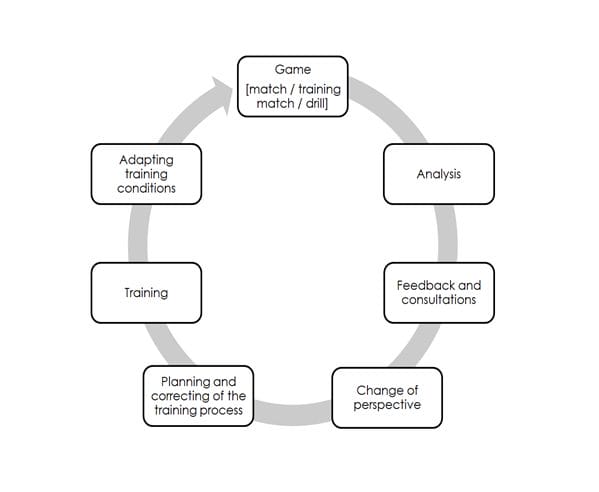
Prepared by: Sławomir Morawski, Analysis and Cognitive Aspects in Football, 2018
4 Areas of Tactical Action
When analysing a football game and trying to put our specific process into practice, we can follow three, and in the modern interpretation of football, four areas of tactical action. However, it is not just a question of trends or repetitive scenarios.
Beginning with the perception of the overall picture of the game, trying to explore its nature, we distinguish between: the area of team tactics, the area of group tactics, and the area of individual tactics.
1) Team Tactics, including:
a. Team Structure
i. organisation of the game in offensive and defensive phases
ii. organisation of the game in transition phases
iii. managing the compactness of the setting
b. Space Management
i. depth and width of the game field
ii. managing the numerical structure in sectors
iii. increasing or reducing the space within the structure
iv. trends and directions for constructing team activities
C. The Distance Between Different Formations Within the Structure
D. Sectors and Corridors occupied by the team
i. creation and use of free spaces
ii. reactions after gaining or losing a field (progression, regression)
iii. behaviour ‘on the other side from the ball’.
2) Group Tactics, including:
a. Formation Structure
i. width and depth of formation – “amplitude”
ii. characteristics of positions within the formation
iii. behaviour in relation to the ball, the opponent, free spaces, and other formations
iv. the compactness and smoothness of formation passages
b. The Creation of “Small Games” and rotations within or between formations
i. item specificity and change process
ii. support from/to the ball, space support
iii. influence on ball handling
iv. characteristics of group activities, which differ between formations
v. management of numerical structures (transition between formations)
vi. trends and directions in the construction of group activities
3) Individual Tactics, including:
a. The Foundations and Tactical Concepts of the individual positions
i. individual training content specific to individual roles (in modern football, functions play a greater role than positions)
ii. individual behaviour regarding external stimuli
iii. the role of leader from a team tactical point of view
iv. trends and directions for the construction of individual actions
4) Mental attitude
i. voluntary features
ii. level of commitment and ability to maintain the intensity of the game
iii. resistance to stress, pressure, and fatigue
iv. managing the sphere of emotions
v. verbal and non-verbal communication
The latest in soccer science & performance principles, strategies and tactics adopted by elite clubs to maximise the performance of their players and teams is all covered in our Soccer Science & Performance course.
Through focused lectures you’ll attain deeper knowledge of the physical, technical, tactical and psychological demands imposed on your players, and gain an understanding of the practical applications and tools needed to enhance the development of your team within match and training environments.
Join Our Soccer Performance Course
Here at ISSPF, we are offering people the opportunity to stay ahead of the game by becoming a real student of the game to ensure players across all levels are exposed to the best practice in terms of coaching content, fitness, technical development, tactical analysis, soccer science & nutrition, strength & conditioning techniques & injury reduction strategies.
Not only are we keeping things simple for individuals who are keen to progress in their own area of development within team sport and soccer.
But we are enhancing the capability to self-develop through our unique faculty of staff and elite practitioners to bring key messages and expert advice to the comfort of your own preferred learning environment.
The demand for sports science, physiotherapists, and performance & coaching specialists in football & team sports is growing year upon year.
Thousands of students are leaving university with a sports science degree, physio or therapy-related qualification, however many of them asking the key question – What now?
- How do I get a job in football?
- What’s the next step?
- Which area of sport or football science & medicine do I want to specialise in?
This is certainly an interesting question as progressing from completing a sporting, medical or therapy-related degree to then working in professional football & trying to understanding all the key components, and soft skills that come with jobs in football or careers within sport is complex.
As a result, the bespoke courses developed by ISSPF Elite Medical & Football Science Faculty members are a way of further exposing learners, parents, professional coaches, students, or other individuals interested in football science with a thirst to develop & upskill further.
The link below will take you to the hugely popular & expertly designed ISSPF endorsed & University & Football Association accredited Soccer Science & Performance online sport science course, where you will be exposed to sports medicine & football science with a coaching science led research overview, and practical examples used by the game’s leading practitioners.
Soccer Science & Performance Online Sport Science Course
How This Course Will Improve You
- Provides justification for the guiding of specific training methods, interventions & decision making processes within soccer.
- Highlights the practical application of modern, research based training methods & assessment tools.
- Provides an increased evidence & knowledge to understand key soccer science & performance processes across a range of coaching science topics.
- Discusses the most efficient training methods and detailed insights into developing player fitness alongside rehabilitation & training methodologies.
- Learn from industry experts in the area of football science, nutrition, sport science & performance training in team sports.
- Help maximise your decision making through a better understanding & appreciation of football or soccer science.
What Does This Course Cover?
Outline of the Soccer Science & Performance Course:
Module 1: The demands of professional soccer: Physiological costs of the game
Lecturer: Dr. Vasilis Kalapthorakos (Greece)
Topic: Physiology
Module 2: Developing Resilience in Soccer: Mental Skill Development
Lecturer: Nikki Crawley (England)
Topic: Psychology
Module 3: Game model building & development: Reinterpreting Tactical Periodisation
Lecturer: Dr. Alejandro Romero-Caballero (Spain)
Topic: Training Methodology
Module 4: Injury reduction strategies in professional soccer
Lecturer: Dr. Patrick Orme (England)
Topic: Injury Prevention
Module 5: Leadership and Culture for High Performance Soccer
Lecturer: Maximillian Lankheit (Germany)
Topic: Psychology
Module 6: Current trends in leading European soccer teams: In-Possession
Lecturer: Chris Meek (England)
Topic: Performance Analysis
Module 7: Soccer nutrition & the role of the nutritionist
Lecturer: Matthew Jones (England)
Topic: Nutrition
Module 8: Competitive soccer training microcycle: Structure & justification
Lecturer: Dr. Manuel Segovia (Spain)
Topic: Training Methodology
Share this article:
